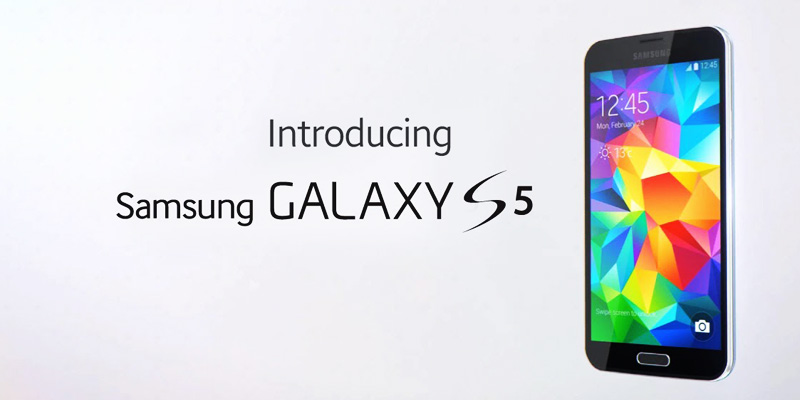Have you ever been in an interview where the interviewer has asked you questions based on the previous tough work situations you have handled or a time when you were able to generate and deliver skills that the company requires? You have sure been grilled at a Behavioural interview then.
Unlike a traditional interview, the behavioural interview that has been developed since more than three decades now judges your competency levels for the job not on the basis of your strengths and weaknesses, your future career goals, your previous work history and/or your educational qualifications, but rather takes note of your past performances and behavioural attributes in important situations and real-life conditions. You are judged for the position you have applied for and your potential of contributing to the company’s growth based on specific quantifiable examples in your past when you failed in the past or worked with a team where team members did not get along well or even handled conflicts to your credit.
This type of interview has become popular off-late especially with big corporate houses like Accenture, AT & T and others where bagging the job is considered prestigious not only because of the brand name but also because it is really TOUGH to get in through those grilling questions on how you handle high work pressure and your take on making quick decisions under such situations.
If you are thinking that this is scary, especially as interviews already are nerve-racking and spine-chilling where you are continuously vetted against several parameters and compared to other qualified candidates from the very start till the very end.
But, this is the pattern interviewers are already following or are likely to follow in the near future, keeping in mind that 55 percent of how the person will behave in the workplace in future is predicted by such interviews over the mere 10 percent that can be predicted by traditional interviews.
While traditional interview offer you a scope to give a little exaggerated or imaginative answers when you are asked about ‘how you see yourself in five years down the line’, behavioural interviews reveal your true character and specifications of your personality. When your reactions at a certain situation or your thought process given a tough condition are judged, it is your behaviour that is being gauged.
From teamwork related questions to how you can manage conflicts to your leadership skills that have helped you in the past in decision making and problem-solving to challenging issues that you have handled or failed at – everything is put under scrutiny in a behavioural interview.
Understand that you are a part of behavioural interview when the questions are not rhetoric and are rather open-ended, demanding a detailed mention of your way of acting or reacting to different situations. This provokes you to rather give an insight into your thought process and the person you are. You cannot prepare these questions beforehand but need to know and understand yourself so much so that you can give a detailed description of how you acted and why you acted in a certain way in different situations of your work and career. Instead of your work responsibilities and accomplishments, you are being judged on your skills, thinking and attitude. This pattern of interviewing however allows you to mention all kinds of experiences and activities you have participated in. Not only does this kind of interview give employers a better note of your behavioural patterns and your responses to various situations, but is also favoured by them on account of the fact that the candidate cannot prepare for it beforehand. Also, your initial responses can be probed by employers further to force you to give more details on the matter, making you reveal the whole truth about yourself and your career till now.
Questions that ask you to give concrete examples of when priorities in your work life have changed quickly or risks that you have taken in your career or even building rapport with people around in tough conditions can definitely unnerve you as a candidate in an interview. The only solution to this is being honest and giving concrete examples of your real life experiences. Even your college projects, internship and volunteering experience count in this case.
You need to think hard on when you have used logic or gone beyond your call of duty or an unpopular decision that you took and implemented and give exact detailed description of the same.
You can even clarify the question of you do not get it at the first time and then include in your answer a specific situation, the tasks that you undertook, the action you had implemented and the final outcome. There is nothing as a right or a wrong answer in a behavioural interview, your responses should be according to the skills and actions you presented in a certain situation. The employer will further think if the skills you had presented in the past would fit the position you have applied for.
It is always better to introspect in your past deeds and behaviours at your previous workplace so that you are prepared for both behavioural and traditional interviews. Behavioural answers are certain to impress if they are clear, detailed and mention how you were strong and reliable in the past in your work that can make you dependable for the future too.
It is very important to know what competencies the employer is looking for and think of specific examples when you have demonstrated these in your career when you prepare for behavioural interviews. Don’t forget to add people, scope, the scale of problem and of course, the work environment. Also be honest about the outcome, if it was a complete success or a learning experience.
So are you ready to track your progress and take notes of your past actions to give honest and elaborate answers unlike the typical banal answers?






